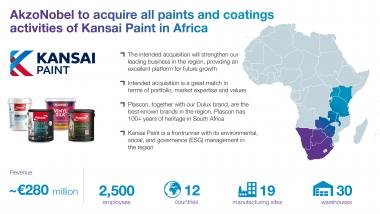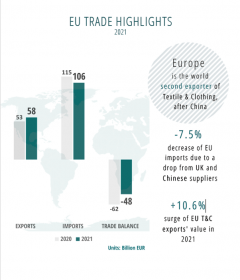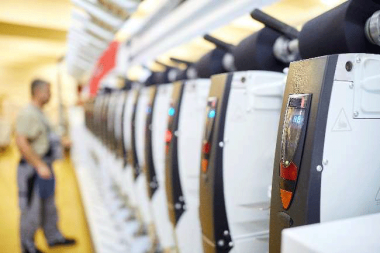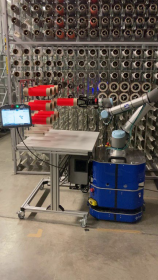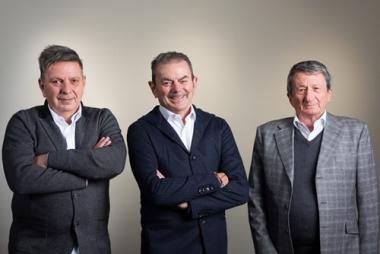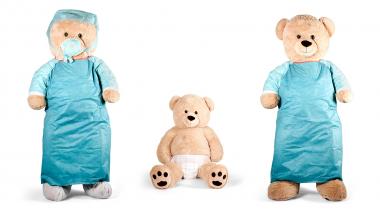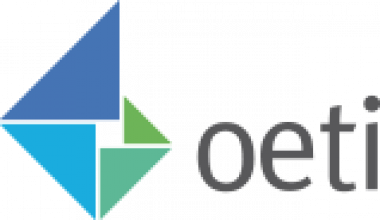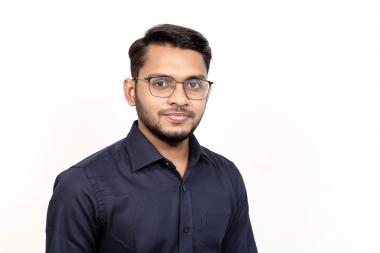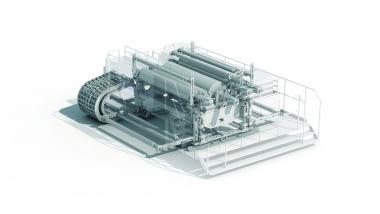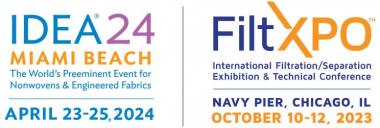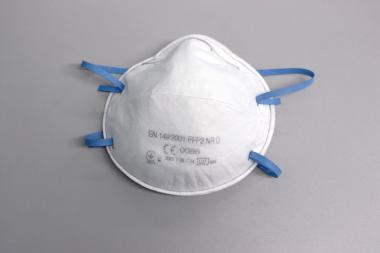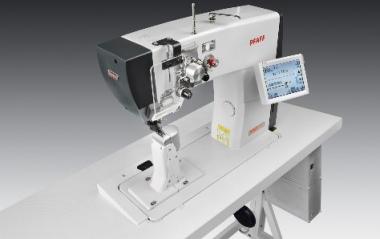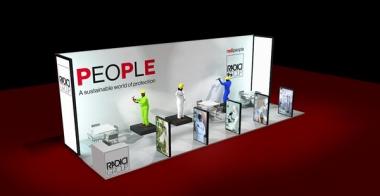AkzoNobel acquires African paints and coatings activities from Kansai Paint
AkzoNobel is to further strengthen its African footprint after reaching an agreement with Kansai Paint to acquire its paints and coatings activities in the region. Completion, which is subject to regulatory approvals, is expected during the course of 2023.
Present in 12 countries in Africa, Kansai Paint has regional consolidated revenue of around €280 million. The transaction includes the Plascon brand, which has more than 100 years of heritage in South Africa. Together with our own Dulux brand, they’re the longest-established paint brands in the region. The intended acquisition also includes automotive and protective coatings, and coatings for wood and coil.
“Acquiring Kansai Paint’s activities in the region will help us to further expand our paints and coatings business in Africa and provide a strong platform for future growth,” says AkzoNobel CEO, Thierry Vanlancker. “Kansai Paint shares our commitment to innovation and sustainability, and we look forward to combining our expertise, which will result in a wider range of innovative products and more sustainable solutions for our customers.”
Adds Kunishi Mori, Kansai Paint’s president: “We are convinced that AkzoNobel is the best owner as AkzoNobel considers the decorative paints business as a core business and will therefore be able to unlock the full potential of the business, thereby contributing to the development of the African economy.
”For Prejay Lalla and Arvind Shekhawat, Chief Executive Officers of KPAL and KPEA (the respective Africa entities being sold by Kansai Paint in this transaction), this agreement is an opportunity to further enhance growth. “We believe that AkzoNobel will be the owner who will elevate the business to the next level as AkzoNobel is willing to invest in ESG, is committed to innovation, workforce development and broader career opportunities as well as the long-term success of its paint businesses in Africa.”
The intended acquisition follows on from a series of recent acquisitions by AkzoNobel across paints and coatings over the last two years, including Titan Paints in Spain and Portugal, New Nautical Coatings in the US and, most recently, Grupo Orbis in Latin America.
AkzoNobel


